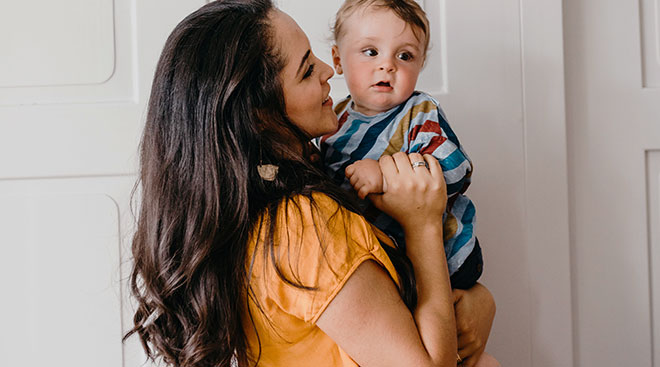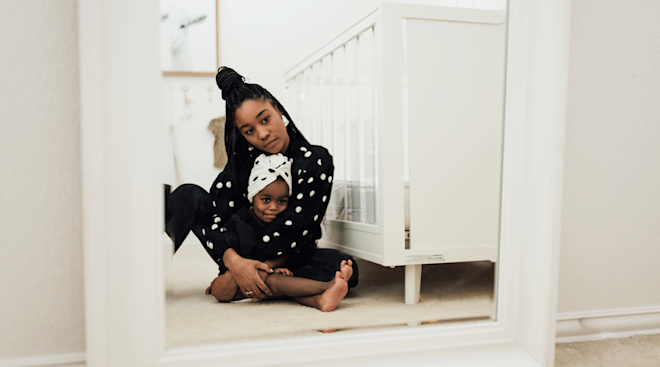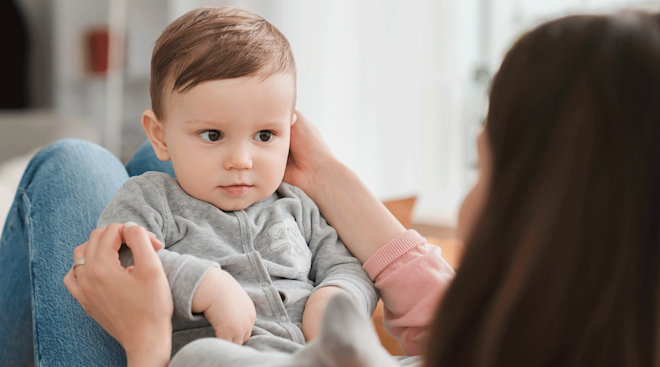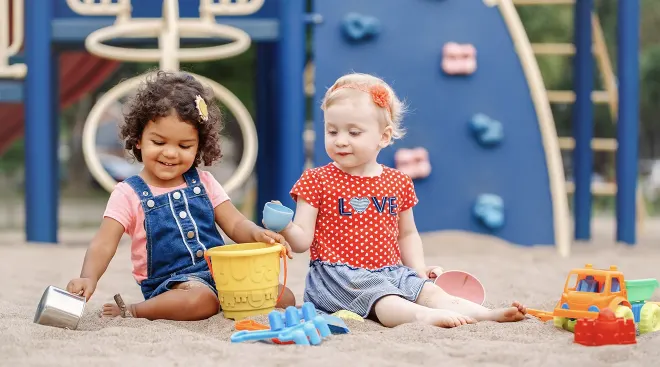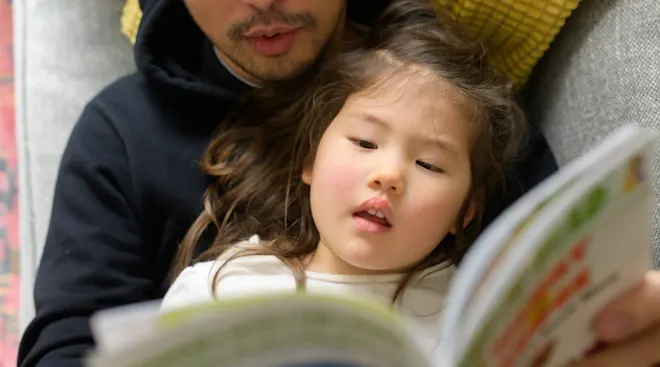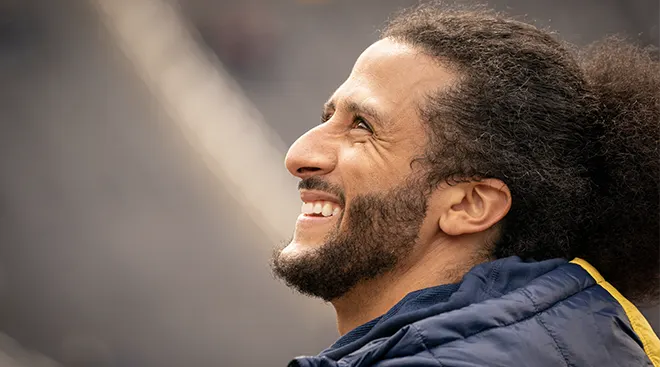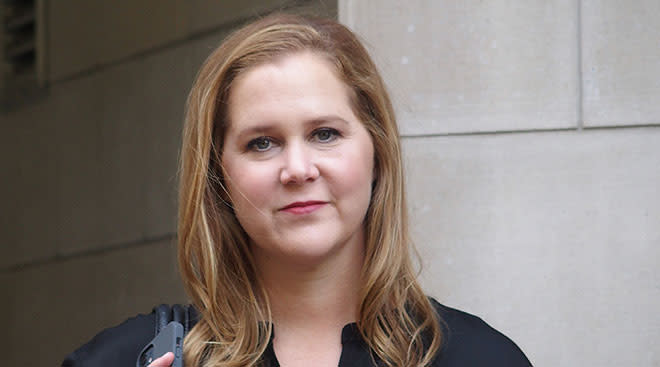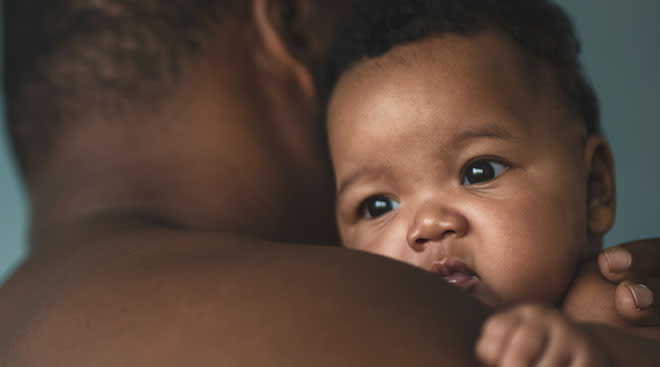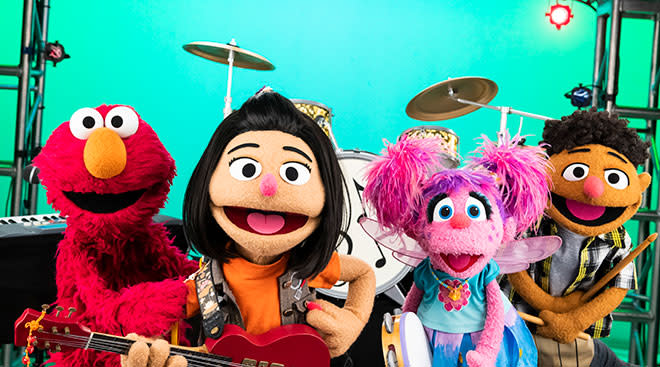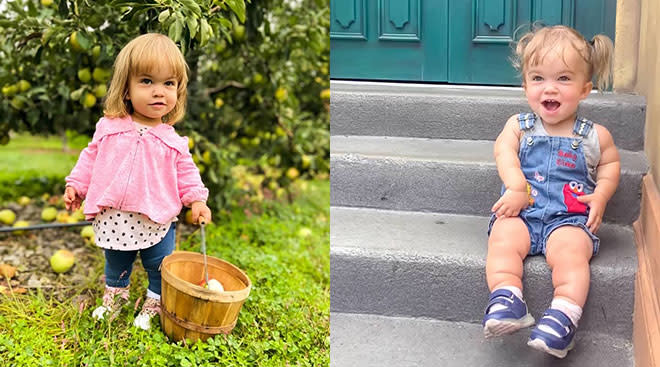Parents Need to Start Talking to Their Kids About Race Sooner, Study Says
Several studies have shown that children pick up on characteristics related to race far before parents actually begin to discuss the topic with them. A recent study published in the Journal of Experimental Psychology: General is once again proving why the conversation needs to happen sooner.
The study analyzed data from three pre registered studies and tested over 600 American adults’ knowledge of when children first begin to use race to categorize traits and when the topic should be discussed. Over half the respondents were parents, while 40 percent were people of color. The research found that many parents still misjudge the age at which their children began to do this. The researchers surprisingly found the participants’ race, parental status, gender, education level or experience with children also didn’t affect their answers.
According to the findings, participants believed that conversations about race should start around a child’s fifth birthday. However, previous studies have shown that babies as young as 3 months old prefer faces belonging to certain racial groups. At 9 months old, babies use race to categorize faces; by 3 years old, some kids in the U.S. associate some racial groups with negative traits; and by the age of 4, some children associate white people with higher socioeconomic status and income.
The studies show that discrimination based on race is already prevalent by the time kids start elementary school. By delaying conversations around race, it might make it harder to change kids’ misperceptions around it.
“Children are capable of thinking about all sorts of complex topics at a very young age,” Jessica Sullivan, PhD, study co-author and an associate professor of psychology at Skidmore College, said in a press release. “Even if adults don’t talk to kids about race, children will work to make sense of their world and will come up with their own ideas, which may be inaccurate or detrimental.”
The researchers also noted that previous studies show many white parents use ineffective strategies to teach about racism, such as the colorblind strategy, telling their kids that race doesn’t matter or refusing to discuss it.
“Even if it’s a difficult topic, it’s important to talk with children about race, because it can be difficult to undo racial bias once it takes root. Toddlers can’t do calculus, but that doesn’t mean we don’t teach them to count. You can have a conversation with a toddler about race that is meaningful to them on their level,” Leigh Wilton, PhD, study co-author and an assistant professor of psychology at Skidmore College, said. “If we wait until a child is old enough to ask a tough question about the history of racial violence, then it will be that much harder to talk about if there haven’t been any meaningful discussions about race earlier in their lives.”
If you’re a parent and you’re looking for more information on when and how to talk to your children about race, check out our tips.
Please note: The Bump and the materials and information it contains are not intended to, and do not constitute, medical or other health advice or diagnosis and should not be used as such. You should always consult with a qualified physician or health professional about your specific circumstances.
Navigate forward to interact with the calendar and select a date. Press the question mark key to get the keyboard shortcuts for changing dates.

































